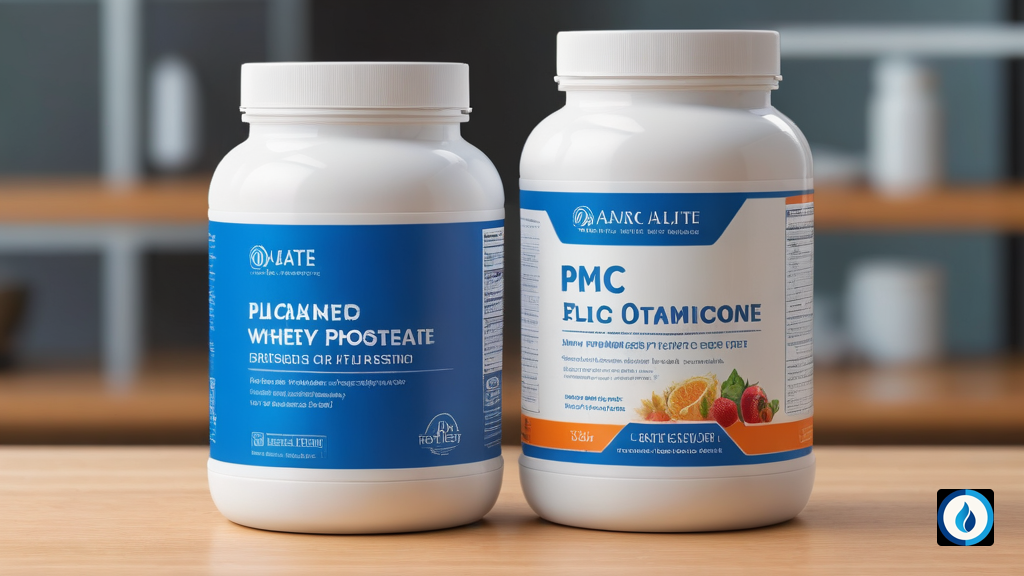Introduction: Unveiling the Hidden Connection Between Psoriasis and Oxidative Stress
Psoriasis, a chronic autoimmune condition, has long been associated with elevated oxidative stress and reduced levels of glutathione (GSH), the body’s primary antioxidant. This imbalance creates a vicious cycle that perpetuates inflammation and worsens the symptoms of psoriasis.
The Role of Glutathione in Psoriasis: A Shield Against Inflammation
GSH plays a pivotal role in protecting cells from oxidative damage by neutralizing free radicals and maintaining redox balance. In psoriasis, however, this defense system is compromised, leading to increased inflammation and tissue damage.
Nondenatured Whey Protein: A Promising Source of Glutathione Precursors
Researchers have discovered that a specific type of whey protein isolate, known as nondenatured whey protein, can effectively increase GSH levels in the body. This unique protein is processed in a way that preserves its delicate structure, ensuring that its amino acid components, particularly cysteine, remain intact.
Clinical Evidence: Exploring the Benefits of Nondenatured Whey Protein in Psoriasis Management
A groundbreaking pilot study conducted by Dr. Prussick and colleagues investigated the impact of nondenatured whey protein isolate on psoriasis severity. The results were promising, with patients experiencing significant improvements in their Psoriasis Area and Severity Index (PASI) scores over a three-month period.
Improved PASI Scores: A Measure of Clinical Success
PASI scores are widely used to assess the severity of psoriasis. The study participants exhibited a remarkable reduction in their PASI scores, indicating a substantial improvement in their skin lesions and overall disease control.
Enhancing Treatment Outcomes: A Complementary Approach
Notably, the study participants continued their existing psoriasis treatments, such as topical steroids or narrowband ultraviolet B therapy, while incorporating nondenatured whey protein into their regimen. This suggests that nondenatured whey protein may act as a complementary therapy, enhancing the efficacy of conventional treatments.
The Path Forward: Paving the Way for Future Research
The promising findings of this pilot study warrant further investigation. A larger, randomized, double-blind clinical trial is necessary to confirm the efficacy of nondenatured whey protein in psoriasis management and to establish its long-term effects.
Unveiling the Mechanisms: Exploring the Molecular Basis of Improvement
Future research should focus on elucidating the precise mechanisms by which nondenatured whey protein exerts its beneficial effects in psoriasis. This may involve examining its impact on GSH levels, oxidative stress markers, and inflammatory pathways.
Optimizing Treatment Strategies: Tailoring Therapy to Individual Needs
With a better understanding of the underlying mechanisms, clinicians can tailor treatment strategies to the specific needs of each psoriasis patient. This personalized approach may lead to more effective and individualized care.
Conclusion: A Glimmer of Hope in the Fight Against Psoriasis
The discovery of nondenatured whey protein as a potential therapeutic agent for psoriasis offers a ray of hope to patients seeking relief from this debilitating condition. Further research is crucial to validate these promising findings and pave the way for the integration of this innovative approach into the management of psoriasis.
